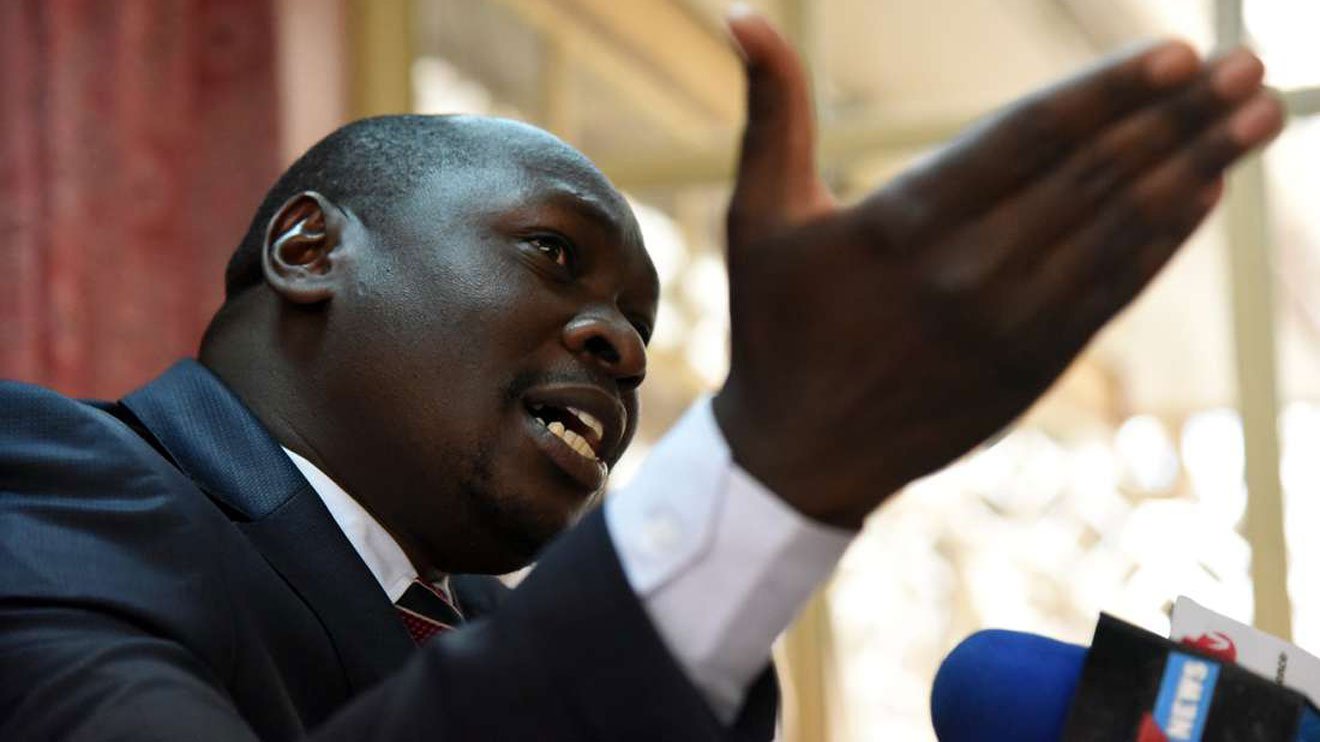The Kenya Copyright Board has requested the Ethics and Anti-Corruption Commission (EACC) and Directorate of Criminal Investigations (DCI) to investigate discrepancies in the amounts declared by the Music Copyright Society of Kenya (MCSK), Kenya Association of Music Producers (KAMP), and Performers Rights Society of Kenya (PRISK). The chairman, Joshua Kutuny, highlighted that while the collective collection totaled Sh249,687,212.80 in royalties, individual entities reported varying amounts. Specifically, KAMP and PRISK declared Sh249 million and accounted for Sh61 million and Sh52.7 million, respectively, while MCSK declared receipts of Sh109 million, showing a shortfall of Sh26 million.
In his statement, Kutuny detailed that MC SK declared a total revenue of Sh139,295,094, comprising Public Performance (Sh109 million) and Mechanical income (Shirty million). However, discrepancies were noted in the distribution and accounting of royalties by the three organizations. PRISK and KAMP provided some accountings, but MCSK’s presentation was found to be lacking and at odds with joint collection details. Additionally, there were unaccounted funds from sources like PRS London, CAPPASSO, and Google Ireland totaling Sh30 million.
Following these discrepancies, Kutuny instructed the EACC and DCI to conduct investigations into the matter. He expressed concern over the low payouts to artists in 2023, leading to criticisms of MCSK for not adequately compensating artists for their work. The controversy also involved allegations of embezzlement of funds, which were refuted by MCSK boss Ezekiel Mutua, who defended the board against the accusations.
Furthermore, Kutuny emphasized the need for adherence to Copyright Regulations to ensure fair and transparent management of royalties, highlighting that strict compliance could significantly impact artists’ livelihoods. He pointed out that the failure to pay out royalties in line with regulations resulted in artists receiving much less than they should have. The statement also addressed operational challenges faced by the CMOs, such as high operation costs, staff salaries, and poor revenue collection from various sources like broadcasting stations, PSVs, and new media platforms. Efforts were underway to address these challenges and improve revenue collection mechanisms, including proposed measures to enhance performance in royalties collection.





